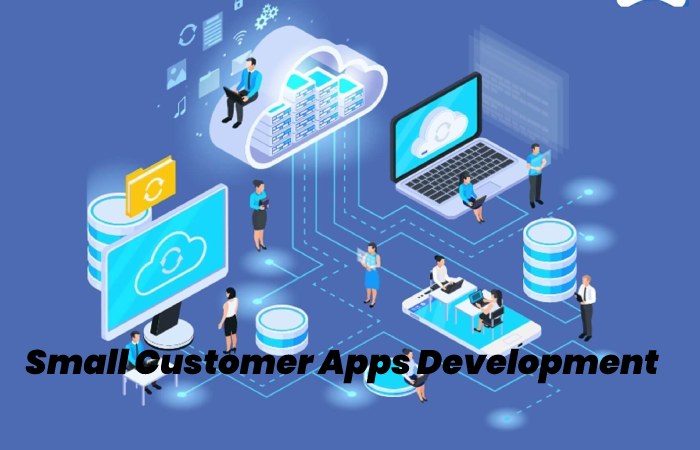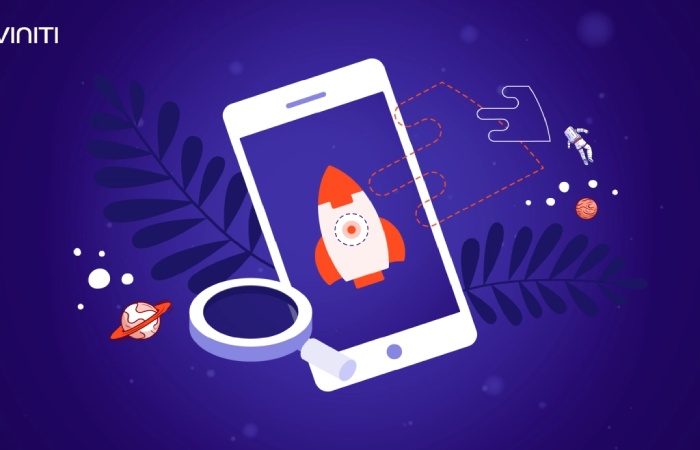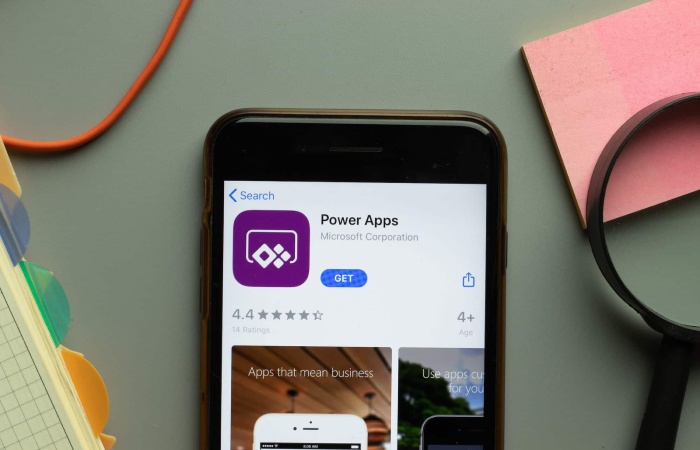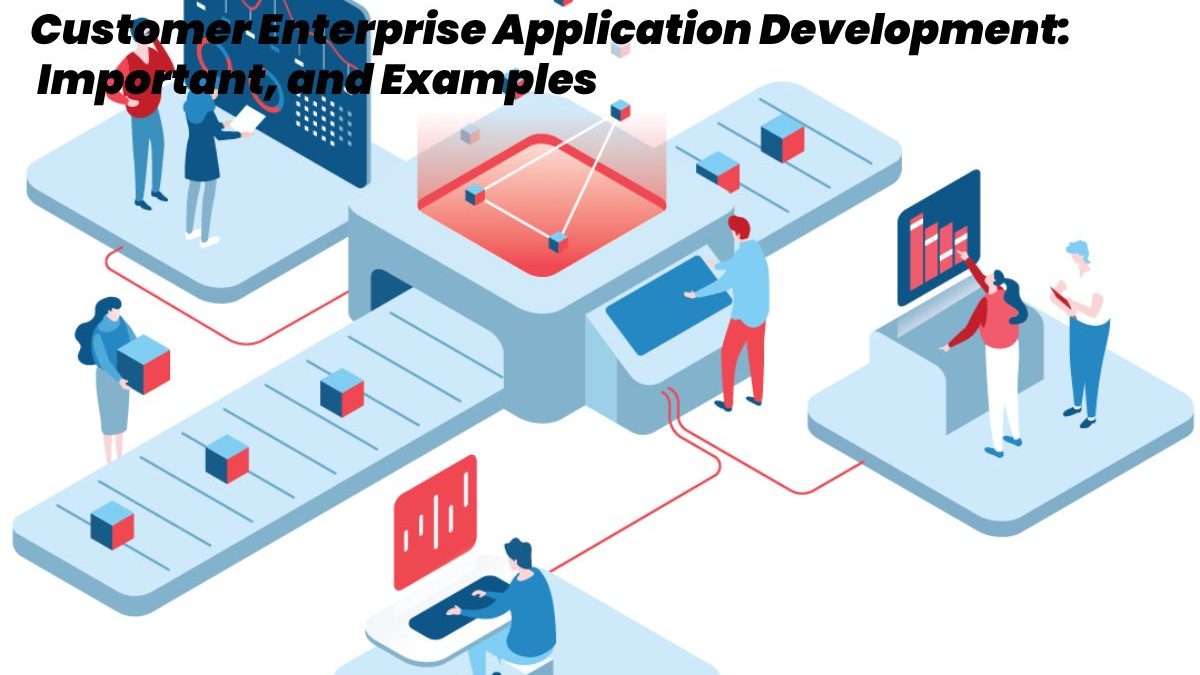Table of Contents
Customer Enterprise Application Development
Customer enterprise application development platforms have taken the guesswork out of app development. To develop custom business applications primarily designed to fit and simplify your process, you don’t necessarily need to be a professional or have the highest programming degree. It will make you better and more efficient, but you can also design and develop applications that your customers will use to get the best service possible.
Why is Customer App Development so Important?
It is no news that millions of people worldwide have neglected their desktops and computers for their mobile phones; it is not surprising that the rate of mobile device use is high. They prefer to use custom apps for search and information, so being ahead of the game is a bonus to get you to the top. With your creative mindset and custom app growth, you can develop a unique user experience.
Making use of the custom app will allow you to do the following things:
- Select the icon, navigation bar colour, and the app name you want.
- Adding everyday and custom objects.
- Use permissions to control which operators have access to your app.
Admins can develop different apps so each team can have a personal space to track whatever information they need.
Small Customer Apps Development

Applications are not created for fun or play alone. Today, many small business apps are essential to the success of businesses. Therefore, bright and goal-oriented entrepreneurs should have them on all their devices.
As an entrepreneur, you already have many responsibilities. So being personally in charge of your business puts you in order of all the things that donate to the achievement of your business, such as:
banking, budgeting, accounting, planning, employee organization, customer management, inventory tracking, quality assurance, marketing plans, complaints, requests, equipment, financing, etc.
Here are some of the small business app examples:
1. Quick Books
QuickBooks is accounting software that helps run your business efficiently and provides insight into your business’s overall financial status.
2. Lettuce
This software is an all-in-one application for small businesses that you can significantly benefit from. It has inventory management with some other valuable features. Such as sales and payment management, customer association maintenance, etc.
3. Amex Mobile
Amex Mobile is an investment app that gives you mobile access to your bank account and statements. It also has excellent extra layers of security if you’re worried about how customer enterprise application development saves the app. This app also provides fingerprint authentication.
4. Wally
Wally is a unique app for small K. It is entirely different from other budgeting apps. You can scan receipts and incorporate them directly into your financial planning. So, for customer enterprise application development there is no delay in waiting. It also syncs with your bank statements, or you can enter your expenses manually.
Examples of Customer Apps Development for Smart Phones

1. Loose
Slack is a project management and collaboration app. It helps streamline the communication process between your team members.
It also keeps track of progress, improves discussion and mastermind, and streamlines your team members’ efforts on fully completed projects.
2. Dropbox
Dropbox is another means to store in the cloud on your phone. It has a humble and friendly interface that makes it less complicated and stress-free. Your team members can easily access, edit, and comment on files.
3. Buffer
Buffer helps you combine your social media channels in one place and allows you to post chronologically across all social media platforms. He also enables you to schedule your posts in advance, organize them neatly, and examine their performance.
4. Monday
Monday is an app that helps spread information, share ideas, strategize, and work in harmony to complete your projects and tasks with your team members.
Customer Business Apps with Power Apps

As we already discovered in the article on Microsoft Power Platform, it is about Microsoft’s commitment to development platforms without code or low code, which will also allow us to automate processes and tasks with Power Automate, analyze and exploit data with Power BI or create conversational agents with Power Virtual Agents
What are Power Apps?
Power Apps is a tool that allows us to create custom enterprise application development applications that generate added value immediately and efficiently. Following a few elementary steps, we can have applications that make it easier to carry out our performance. In addition, we will be able to use many connectors to different data sources, and we can even use custom connectors if we need them. We also have Common Data Services, a data warehouse available in the cloud and compatible with all the tools that make up the Power Platform.
What Types of Applications can we Create?
We will be able to create three types of applications: Canvas, Model-driven, and Portals.
Canvas applications or Canvas Applications are applications that will be created basically customer enterprise application development by dragging and dropping elements as if we were designing a PowerPoint presentation and with formulas similar to those we use in Excel. We will be able to create Power Apps applications directly from other Microsoft products, such as SharePoint Online or Power BI. We can also create Canvas applications from the data source, which will generate a default application that we will be able to customize to our liking.
Conclusion
Think of the usual process necessary to develop an application, from when a user needs until a development team delivers an application that covers 100% of said need. Imagine that the user could make his application that meets that need without having any development knowledge and even share it with other people.
This article will learn what Power Apps is, the low-code application creation tool that Microsoft integrates within the Microsoft Power Platform.


